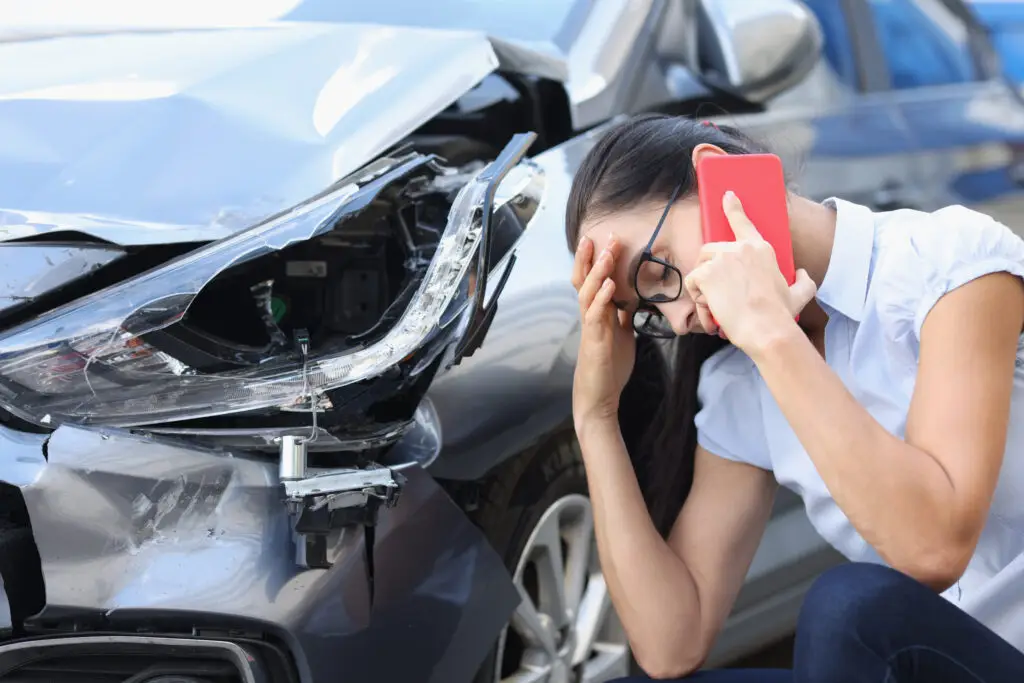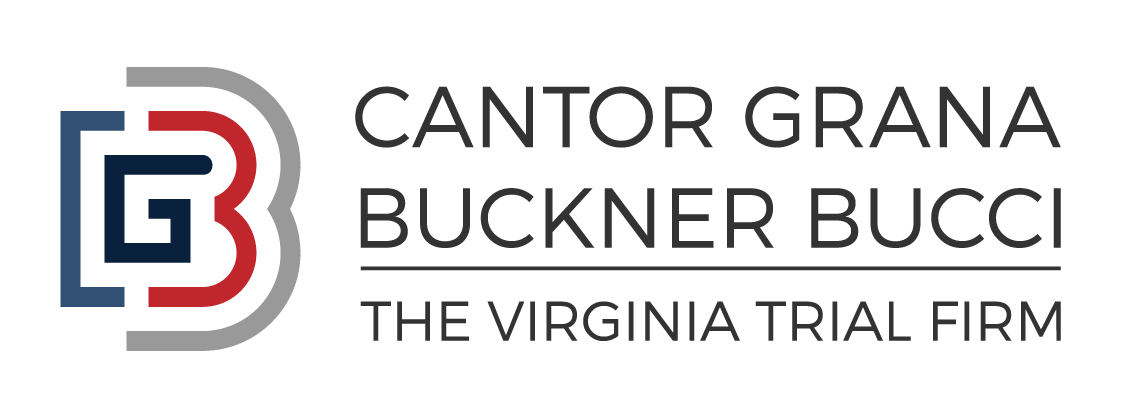Virginia Contributory Negligence
Contributory negligence is a legal doctrine that bars individuals from recovering damages in a personal injury lawsuit if they were partially responsible for the accident. If you are injured in an accident, and the other party can prove that you failed to act as a reasonable person would have acted for his or her own safety under the circumstances of the case, then you are barred from recovering, even if the other party was negligent. Virginia is one of the few states that follows contributory negligence, unfortunately.
At Cantor Grana Buckner Bucci, we want to make sure you understand your rights. If you have been injured, it’s important to know what options you have and what steps you can take. This is why our Virginia personal injury attorneys work with you to understand the contributory negligence defense and how it applies to your case.
Overview of Negligence in Virginia Accident or Injury Claims
To recover damages in a Virginia personal injury lawsuit, the injured party (known as the plaintiff) must prove that the other party (the defendant) was negligent. The plaintiff must show that the defendant owed them a duty of care, breached this duty, the breach of the duty caused an accident, and the accident was the cause of the plaintiff’s injury. Negligence is the failure to use ordinary care, which is the care a reasonable person would have used under the circumstances of the case.
In Virginia, the defendant can assert the defense of contributory negligence. This means that if the defendant can prove that if the plaintiff was even partially responsible for the accident and their own injuries, then the plaintiff cannot recover.

Insurance and Contributory Negligence in Virginia
In Virginia, contributory negligence may affect the value of an insurance claim. If you are injured in an accident and file a claim with your own insurance company, the insurer may refuse to pay your claim, or agree to pay the full value of your claim, if it believes that you were contributorily negligent. For example, in motor vehicle accidents, if a plaintiff’s injury occurs while texting and driving at the time of the accident, the insurance company may refuse to pay their claim.
For this reason, it is never in your best interest to give a recorded or signed statement to an insurance adjuster without a lawyer on your side. It is always better to hire a personal injury lawyer before agreeing to any statement.
Contributory Negligence is Usually a Jury Issue in Virginia
The contributory negligence rule has been criticized by many as being unfair to plaintiffs. In some cases, it may seem unjust to completely bar an individual from recovering damages when they were only partially responsible for the accident.
The good news is that contributory negligence is usually a jury issue in Virginia. As a result, the jury will have to consider a variety of factors when determining whether a plaintiff is partially at fault for an accident. For example, in a premises liability case, a jury may consider:
- Whether any distractions contributed to the accident (especially those created by the store)
- The lighting in the store or other property
- Whether the accident was foreseeable
- The age and physical or mental weakness of the injured person
- Whether the injured person’s actions were reasonable in light of the responsibility of the store to make the premises safe for the public
Types of Personal Injury Cases Subject to Contributory Negligence Laws in Virginia
Many types of personal injury cases may be subject to contributory negligence laws in Virginia. These include, but are not limited to:
- Car Accidents
- Truck Accidents
- Pedestrian Accidents
- Bicycle Accidents
- Slip and Fall Accidents
- Bus Accidents
- Motorcycle Accidents

Other Negligence Rules
Many states do not have contributory negligence rules. Instead, they follow a form of the comparative negligence rule, pure comparative negligence or modified comparative negligence. Under a comparative negligence system, a small degree of fault or neglect does not prevent an injured plaintiff from recovering damages.
Pure Comparative Negligence
The contributory negligence rule has been replaced by the pure comparative negligence rule in some states. Under this rule, an individual can recover damages even if they were partially responsible for the accident, as long as the other party was more negligent.
Modified Comparative Negligence
Other states have adopted a modified comparative negligence rule. Under this rule, an individual can only recover damages if their own negligence is not greater than the other party’s negligence.

Contact a Personal Injury Lawyer Today
If you have been injured in an accident, it is important to speak with an experienced Virginia personal injury attorney who can help you understand your rights and options under the law. If you are facing a contributory negligence defense, an attorney may be able to help you prove that a jury will never find you partially at fault for a cause, thereby leading to a bigger settlement for your accident, or verdict if the case goes to trial
We know what it takes to hold the responsible party accountable and seek the compensation our clients need and deserve. Our Virginia personal injury lawyers aim to stand by your side every step of the way, and we are completely devoted to making sure you can move forward in life with peace of mind. Contact us today!









